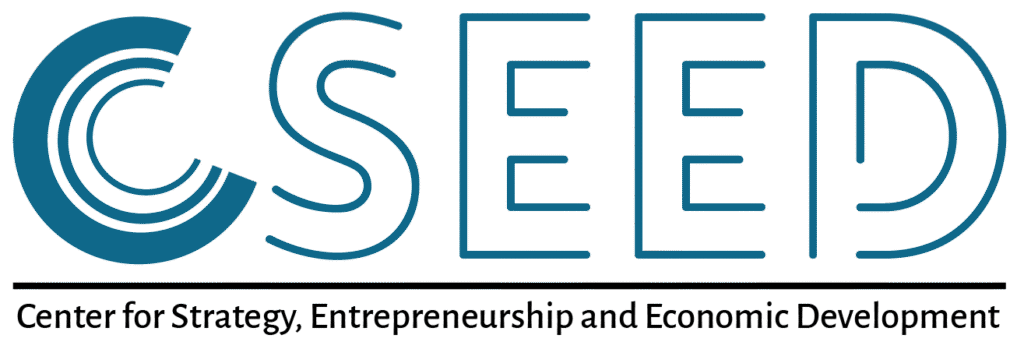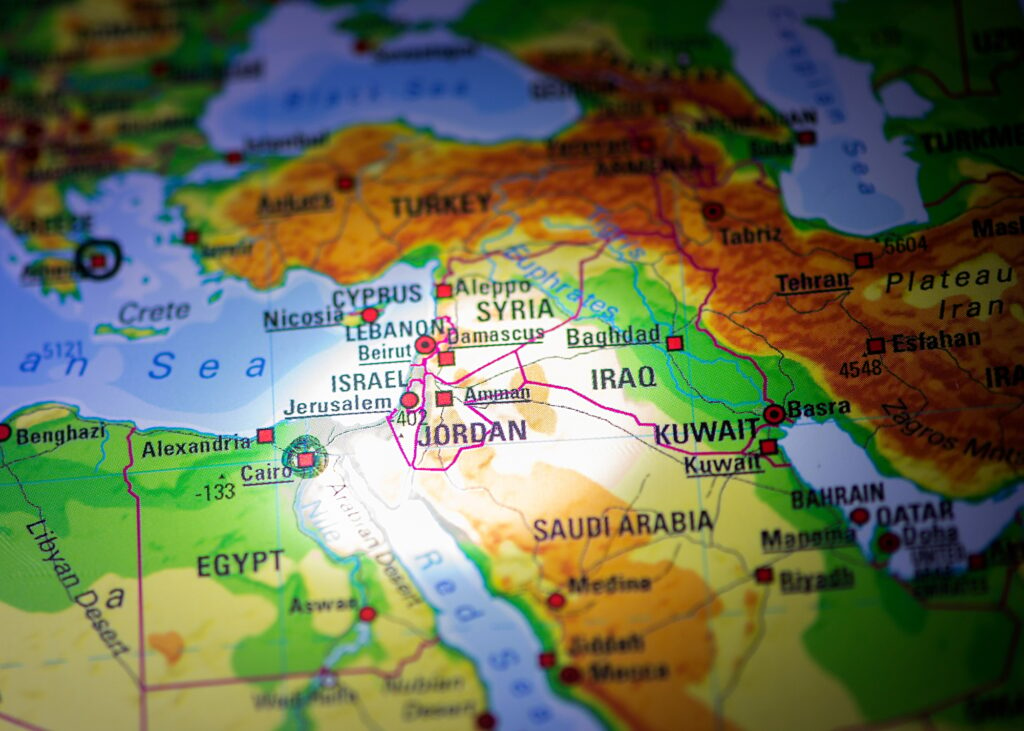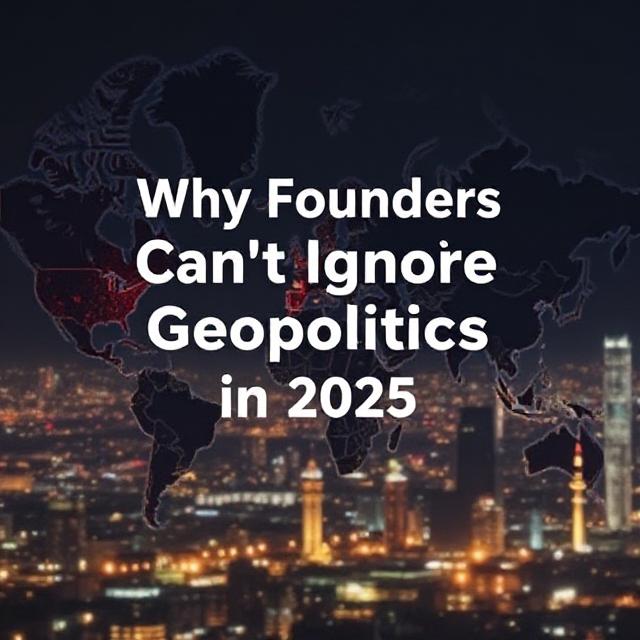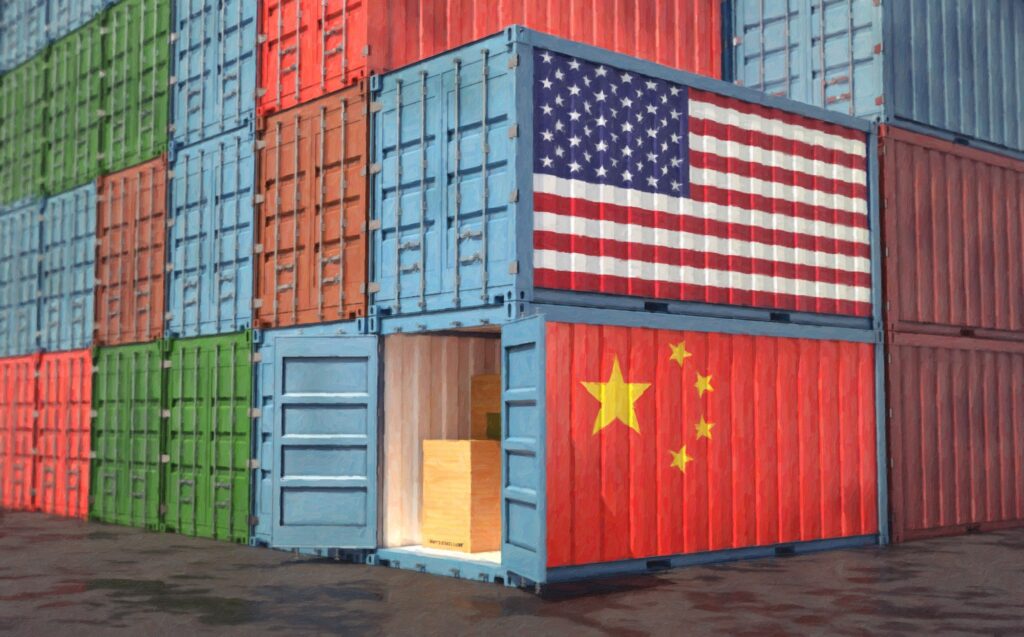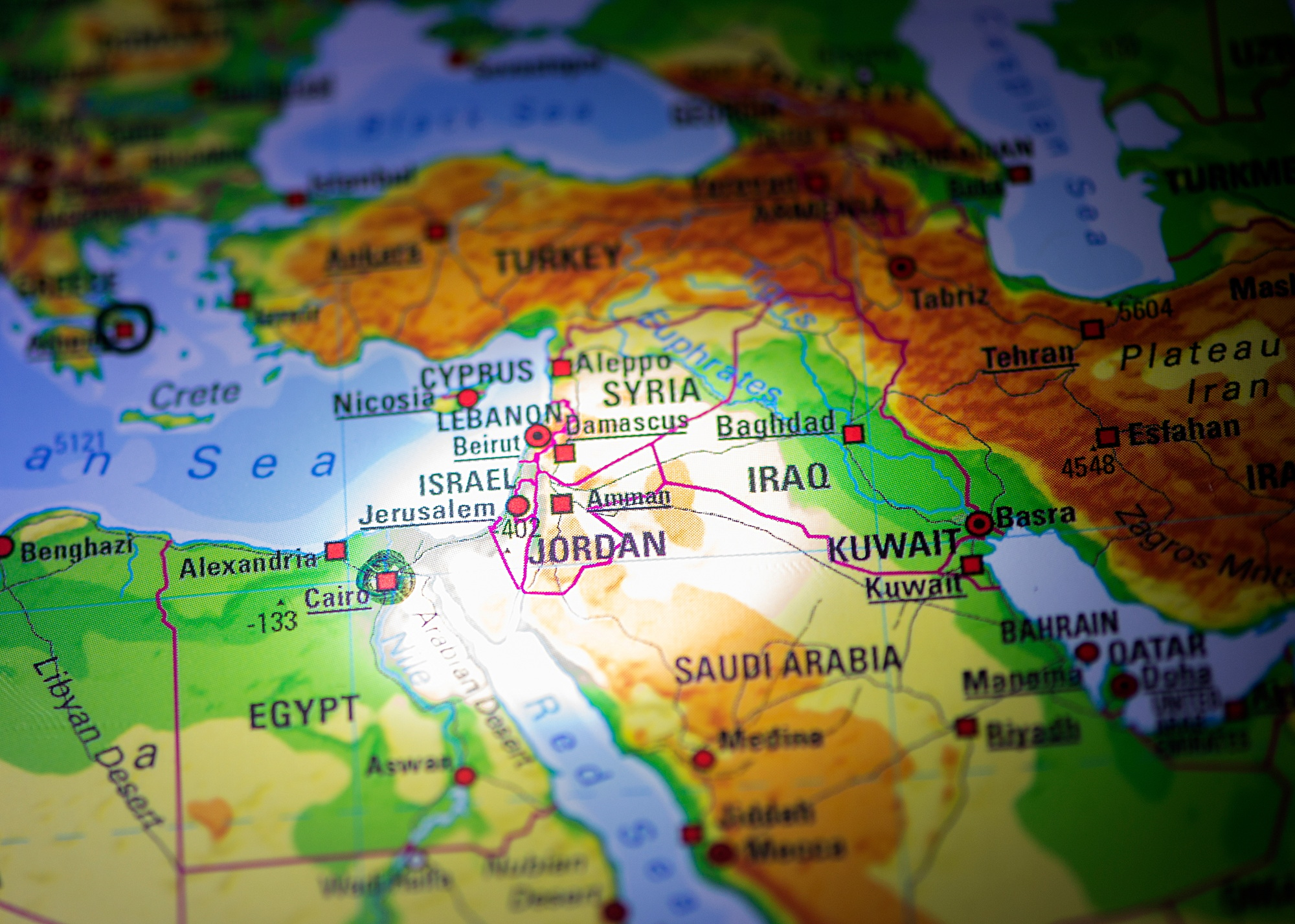Is globalization reversing?
For decades, globalization has been a defining feature of the modern world—reshaping economies, opening markets, accelerating innovation, and knitting countries together through trade, technology, and finance. Yet in recent years, a subtle but strategic shift has emerged. Governments and businesses alike are reassessing the risks of overdependence on global supply chains and foreign markets. This recalibration is giving rise to what analysts now call strategic deglobalization—a purposeful, policy-driven realignment of national priorities toward resilience, self-reliance, and regional partnerships.
Unlike traditional protectionism or isolationism, strategic deglobalization doesn’t seek to abandon global engagement. Instead, it aims to balance global integration with national interest, economic security, and long-term sustainability.
🔍 What Is Strategic Deglobalization?
Strategic deglobalization refers to the intentional restructuring of global interdependence in favor of more localized, diversified, or secure systems. It’s not a knee-jerk retreat from globalization, but rather a calculated shift to minimize vulnerabilities exposed by recent disruptions—such as the COVID-19 pandemic, geopolitical rivalries, and climate-induced supply chain fragility.
According to the World Bank, global trade as a share of GDP peaked around 61% in 2008, declining to around 52% by 2022. This deceleration doesn’t necessarily signal the end of globalization—but it reflects a transformation in its nature.
📌 Key Drivers of Strategic Deglobalization
Supply Chain Resilience
Events like the pandemic, the Ukraine war, and the Red Sea crisis revealed the fragility of long supply chains. Many nations are now reshoring or “friend-shoring” critical production, especially in sectors like semiconductors, pharmaceuticals, and defense.
Economic Nationalism and Populism
Political movements emphasizing domestic job protection, local industry growth, and reduced foreign dependence are gaining ground. Governments are revising trade agreements, imposing tariffs, or offering subsidies to support national industries.
Technological Sovereignty
Digital infrastructure, cybersecurity, and AI dominance are emerging battlegrounds. Countries are building independent tech ecosystems to safeguard data, protect intellectual property, and maintain strategic autonomy.
Environmental and Sustainability Concerns
Carbon-intensive global logistics and mass production models are under scrutiny. Localized production, circular economies, and “slow trade” movements are gaining momentum in response to the climate crisis.
🌍 Implications of Strategic Deglobalization
✅ For Global Trade
While global trade is not disappearing, it’s becoming more regional and sector-specific. We’re likely to see stronger regional blocs (like ASEAN, the EU, or the African Continental Free Trade Area) and diversified sourcing strategies that prioritize stability over cost-efficiency.
✅ For Entrepreneurs and Startups
Strategic deglobalization opens new doors for local innovation, digital entrepreneurship, and domestic market development. Startups can benefit from government incentives aimed at building homegrown industries and reducing import dependence.
✅ For Developing Economies
This shift can be both an opportunity and a challenge. Countries that position themselves as regional hubs or diversify into strategic sectors can benefit, but those heavily reliant on exports to a few global markets may face short-term disruptions.
⚖️ Is Deglobalization Always Bad?
Not necessarily. Strategic deglobalization does not reject globalization, but rather attempts to make it smarter, more equitable, and sustainable. The key is to strike a balance between openness and resilience, integration and independence.
Think of it as “selective interdependence”—a more conscious approach to globalization that weighs long-term national interests alongside global cooperation.
🔮 Looking Ahead: A More Multipolar Economic Future
The world is likely moving toward a multipolar economic order, where no single country or system dominates. In this environment, regional alliances, diversified trade routes, and strategic autonomy will shape the next phase of globalization.
For governments, entrepreneurs, and institutions, the goal is not to retreat from the global stage—but to adapt strategically in a world where uncertainty and interdependence coexist.
📘 Conclusion: Strategy Over Scale
Strategic deglobalization is not the end of globalization—it’s its evolution. As the world grapples with complex crises and shifting power dynamics, resilience, inclusivity, and foresight will become the new metrics of success.
For emerging economies, entrepreneurs, and policymakers, this is a moment of rethinking, repositioning, and rebuilding. In this evolving landscape, those who adapt strategically—not react defensively—will thrive.
